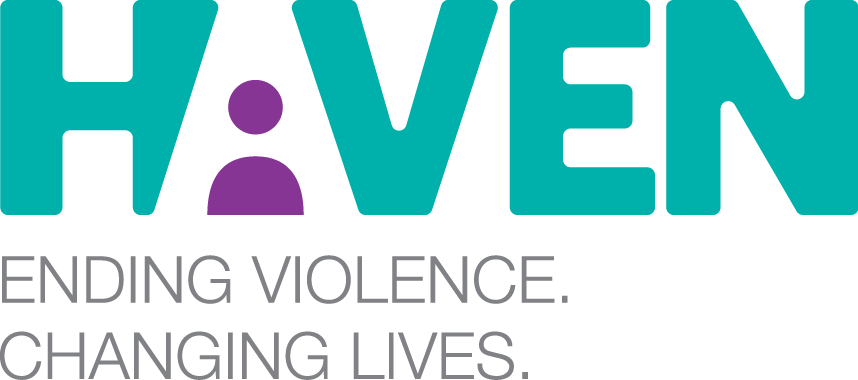- Sonia R.
- May 05, 2025
- Domestic and sexual violence/ Awareness Matters/ Mental Health Awareness Month
- 0 Comments
- Sonia R.
- May 05, 2025
- Domestic and sexual violence/ National Volunteer Month/ Volunteer Appreciation Month
- 0 Comments
- hvadmin
- May 01, 2025
- New Hampshire Seacoast/ Supporting Survivors/ Domestic and sexual violence
- 0 Comments
Portsmouth, NH - The redevelopment project planned for the Christ Episcopal Church property on Lafayette Road in Portsmouth has cleared a major hurdle with the settlement of the Episcopal Church of New Hampshire’s lawsuit against TD Bank.
- Sonia R.
- April 25, 2025
- Awareness Matters/ Sexual Assault Awareness Month/ Denim Day
- 0 Comments
Denim Day is recognized each year on a Wednesday in April because of its connection with Sexual Assault Awareness Month, which is honored during April. Denim Day was created in 1999 by Peace Over Violence, and it is the longest-running sexual violence prevention and education campaign in history.
- Sonia R.
- April 15, 2025
- Supporting Survivors/ Domestic and sexual violence/ Sexual Assault Awareness Month
- 0 Comments
- Sonia R.
- March 19, 2025
- Awareness Matters/ Words From Our Interns/ Transgender Day of Visibility
- 0 Comments
- Sonia R.
- March 19, 2025
- Supporting Survivors/ Awareness Matters/ Black History Month
- 0 Comments
La Toya Jackson experienced Intimate Partner Violence through her ex-partner and manager Jack Gordon. Intimate Partner Violence (or IPV) is defined as abuse or aggression towards a partner in a romantic relationship. People can experience intimate partner violence with current or former partners/spouses. Examples of IPV behaviors include stalking,...
- Sonia R.
- March 19, 2025
- SAAM/ Words From Our Interns/ internationalwomensday
- 0 Comments
- HAVEN ADMIN
- May 16, 2024
- Supporting Survivors/ Awareness Matters/ blog
- 0 Comments
For More Information
For more information: info@havennh.org
Development: development@havennh.org
Outreach: outreach@havennh.org
Education: education@havennh.org
CHAT WITH AN ADVOCATE
Not safe to call or would you like increased privacy and anonymity? HAVEN offers a confidential private chat feature Mondays through Fridays from 9am-4pm. *Weekends and holidays excluded.

